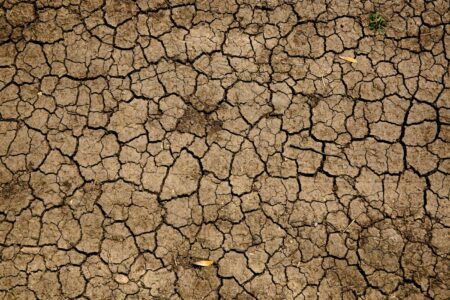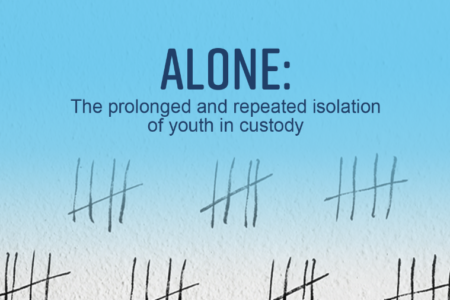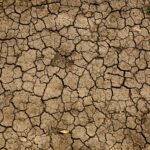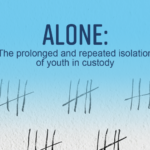COMMENT: Hodgepodge and the humus condition
A Rossland resident recently wrote to council to complain about water meters, but also to take a swipe at the community garden just north of Jubilee Park beside RSS.
“It does not seem to produce edible, useful vegetables,” she wrote. “It looks uncoordinated and hodgepodge.”
Hodgepodge: A jumble, a disorderly mass, a confusion of things…
I’ll only comment briefly in defence of the garden; I’d rather defend the notion of “hodgepodge” itself.
THE GARDEN
The garden was one of the first projects I worked on with Rossland REAL Food when I moved here. It was never intended to be Rossland’s answer to the Butchart Gardens. It’s a place where many new gardeners and some old hands gather to grow food, to grow knowledge, and to grow community together.
The garden’s about intergenerational learning, from play groups and parents to young folk and pensioners. It’s also about food. Despite this resident’s perception, the garden has actually cranked out lots of great stuff, from reams of garlic and tomatoes, to salad greens, cukes, and herbs, to friendship, flowers, and laughter.
I’m reminded of the recent story I was honoured to write about Don Nutini and his volunteer crew down at the Trail Regional Airport. These men serve our region admirably and are only one example of many in this area of people who freely dedicate themselves to different elements of our society, each element important to the whole.
As with all volunteer group efforts, the community garden came together in a self-organized mystery that was at once a compromise of many individual points of view, but also a synergy of cooperation as you can only experience when people are committed to, and united by, a project they believe in.
And of course that young garden’s a hodgepodge! What else could it be? Each plot is the individual expression of a particular person’s partnership with plants and soil.
For every gardener with immaculate rows of single crops, there’s another with a tangle of this and that—including “weeds,” sometimes better described as “deep nutrient accumulators”, “habitats,” “pest repellants,” “pollinator attractants,” “food,” and “beauties,” according to these partner plants’ real and important functions.
I’d say one person’s weed is another person’s treasure, but I’d rather not trigger that tiresome marijuana debate.
METHOD AND MADNESS
By way of analogy, look around Rossland and behold the hodge and podge! Isn’t it wonderful?
We’ve got the gamut, from the Prussian Pristine of “perfect” lawns and flowerbeds that could grace the cover of Better Homes, to the wild profusion of Polycultural Permaculture that can confuse the hell out of some Prussians, but brings joy to the hearts of naturalists who see diversity, synergy, and bountiful life in the “mess.”
This simplistic dichotomy doesn’t capture the many dimensions in the multihued spectrum of gardening. Everyone’s approach is valid, or at least worth an experiment.
Even neglected and derelict sites generate aesthetic and useful wonders—over time and with the right eyes to see—at the hands of the Great Gardener. I happen to think she likes our help, however, from time to time and in the right spirit.
And that’s the beauty of gardening. Each instance is both the expression and the reward of a person’s very own, very direct interaction with nature.
Consider the hodgepodge of humus. Given the right conditions, organic matter breaks down in the soil to reach a stable state as humus. Humus performs important services like binding moisture and nutrients—services lost or being lost to modern agriculture’s “deficit spending” of the soil.
Science has never found two identical humus molecules. Each of the bazillions is exactly different from all the others, like snowflakes, or faces, or rad downhill lines. Nature loves a pattern but abhors monotony.
NATURE DEFICIT DISORDER
Let’s face it, we live in a world of people suffering from serious—alarmingly serious—Nature Deficit Disorder. It’s real and the consequences are worse than just depression, heart disease, and other linked illnesses.
We’re navigating into a new ecological era and most of the crew is metaphorically deaf and blind, and literally dulled in taste and smell. It’s utterly senseless.
How many North Americans can take a walk in the woods and identify even ten of those green things brushing their tender feet? I’m not talking Latin names here, I just mean “Strawberry” and the like. The answer: many can’t, if not most.
How far are these impoverished people from a basic understanding of nature’s endlessly rich interrelationships, let alone from tapping into nature’s deeper wisdom?
How far am I, for that matter? I may have moved, but there’s such a long way to go.
No doubt wildlands seem a hodgepodge to us ignorant people—kind and intelligent as we may be, and though we may be accomplished in other ways.
For a simple goat, that same walk in the woods is a brilliant journey into a magical land of delicious diversity, each step bringing the possibility not only of different species, but of differences between every leaf in the mosaic of variations in soil, bacteria, fungi, critters, surrounding plants, water, minerals, sun, wind, and on, and on, and on.
They’ll precisely select and nibble on ten species inside a minute, no problem. It gives them contentment.
LIFE THRIVES ON THE BOUNDARY
Allow me to turn the concept of hodgepodge on its head—podgehodge, as it were.
There was a time a decade ago when I learned some maths for “chaos” and “complexity.” I learned that the appearance of disorder in complex systems often masks far deeper orders.
Go deeper, and you plunge into disorder again, then back to order. Rise higher, and you ascend through more mysterious layers of order, chaos, and, most importantly, the complex boundaries of neither—that’s where life lives.
In other words, a claim of “disorder” may say more about the observer being stuck on a particular perspective than it does about any real quality of the system.
And given this hot sun, I think I’ll grab a cold drink and head into the swiftly growing jumble outside.
























